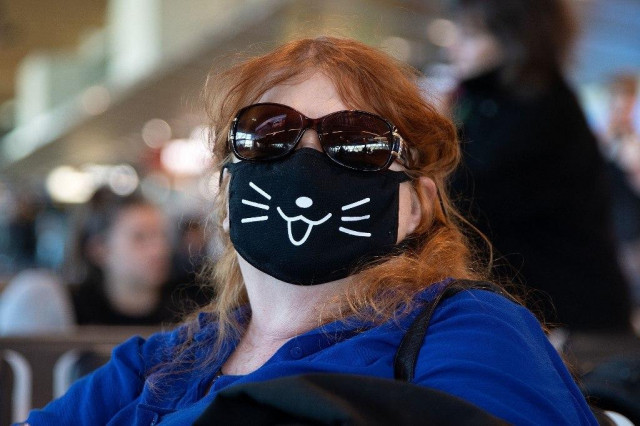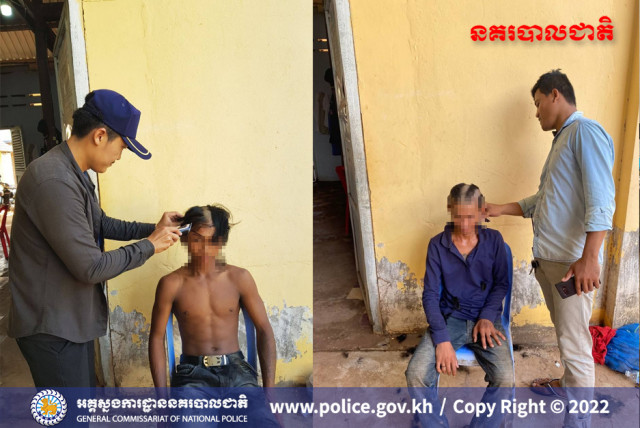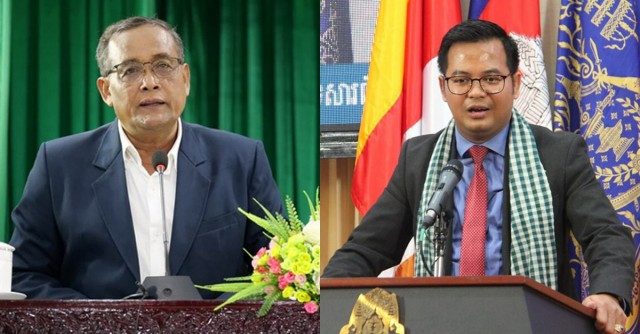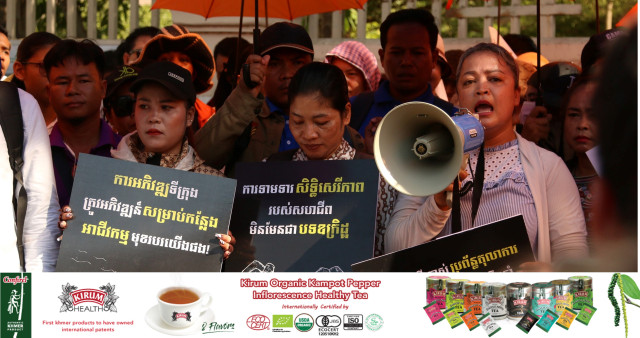Cost of Extra Classes Hits Students’ Parents
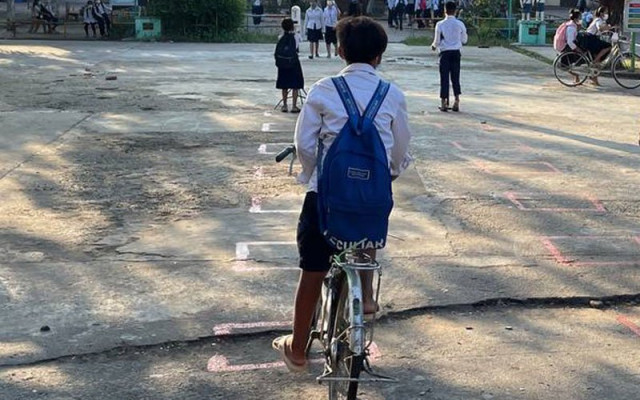
- By Song Sotheavy
- August 25, 2022 3:14 PM
PHNOM PENH – Paying for extra classes for students is proving a burden for many parents who fear that regular school lessons may not be enough for their children’s success.
Low-income families have described the hardship of spending at least 500,000 riels (about $125) per month on after-class tuition. The Education Ministry says such classes are legal.
Low income but high expenses
Food seller Run Sokhon, the mother of a ninth-grade student at Santhormok High School, says she has to spend frugally to save more than $100 every month for her daughter’s part-time courses.
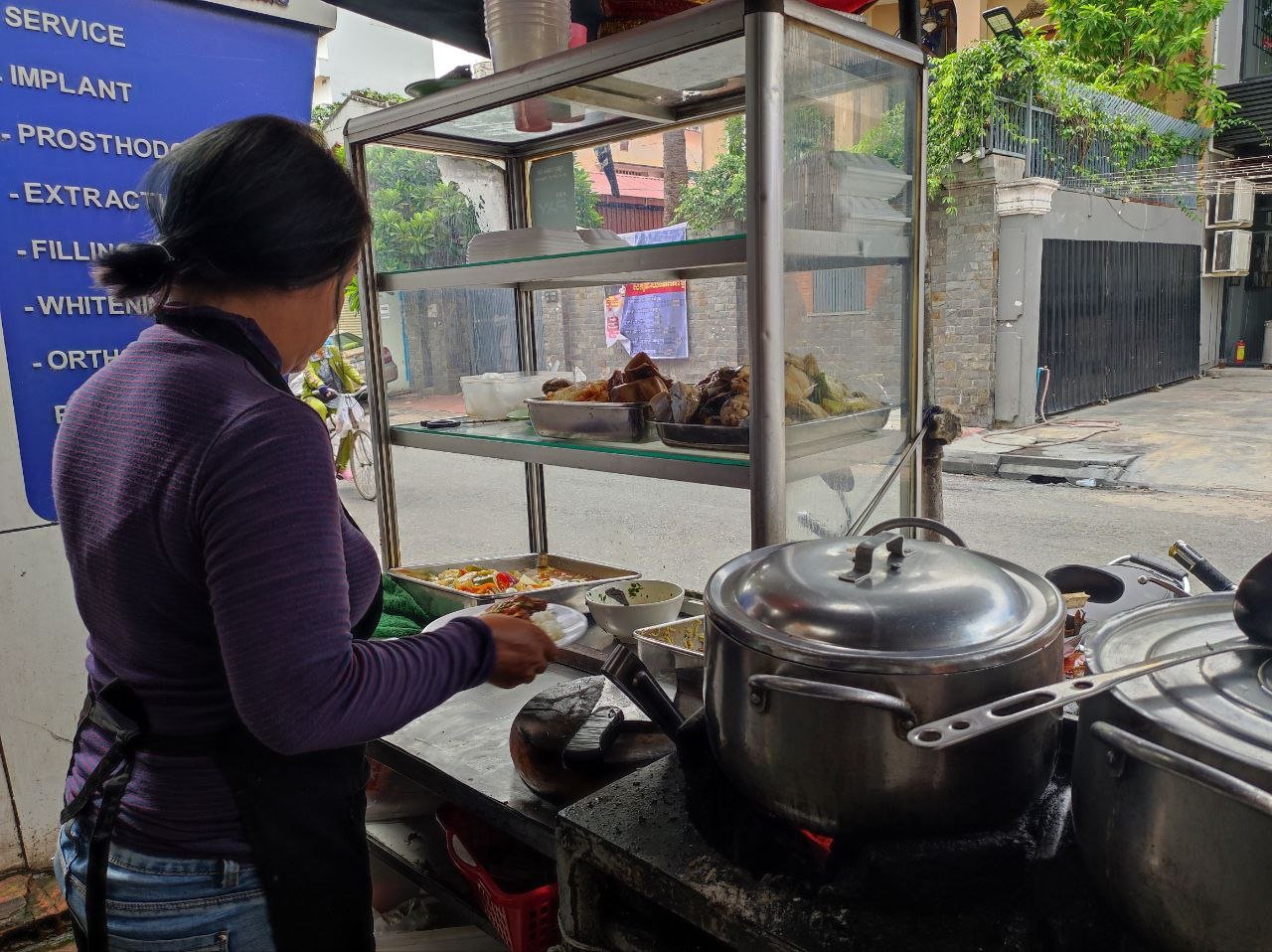
“There are other expenses too, including the cost of buying hard-copied lessons, the cost of motorbike parking, the cost of electricity, the cost of cleaning, and a daily allowance of 10,000 riel [$2.50],” she said.
Sokhon said such expenses rise every year.
“It affects a lot because we earn less but spend more on teachers for four or five subjects,” she said.
“I sell meals to earn more for the family, otherwise, my husband's salary is not enough, as we spend 40,000 riel [$10] per day on family expenses, so it’s $300 a month,” she added.
Khov Keat, a tuk-tuk driver, has a son in the seventh grade at Chhouk Va Secondary School. He spends at least 10,000 riel a day for his child’s daily allowance while his income is only around 50,000 riel per day and has to cover other household expenses.
“It is very difficult. The cost of my son’s study is almost half of the family expenses, and I am afraid I will not be able to provide enough in the future,” Keat said.
Obligation motivates extra classes
A student in the ninth grade at Santhormok High School, who asked not to be named, said she takes extra classes for six subjects, including Khmer literature, mathematics, physics, chemistry, biology and history, with an average cost of $20 per subject.
The student said part-time and full-time lessons are slightly different. Those in full-time sessions are about general theories but those provided in the extra classes are more detailed.
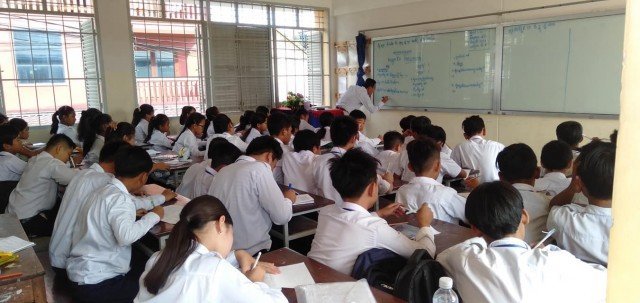
“Studying part-time courses can be complicated because sometimes I study during the day, sometimes in the evening, and I also have to study harder at night to pass the exams,” she said.
“I feel very tired but the teachers do not force me. It’s just that I am afraid of failing the exam because if I do not study, I won’t get good grades.”
A grade-11 student at Bak Touk High School said there was no compulsion but taking extra classes was a must. One reason was to catch up with others and the other was to achieve the scores.
Her parents had to pay at least $65 per month for extra classes in five subjects.
“As a student whose parents reside in Phnom Penh, it is not difficult for my parents to help me, but some friends coming from provinces find it very difficult,” she said.
“Sometimes they have to ask teachers to delay the payment deadline until their parents send them an allowance, and sometimes it’s arduous because they literally can’t afford it.”
She went on to say that if they do not take extra classes they will not be able to keep up with the lessons and won’t get good exam scores.
Teachers still struggle with incomes
Ouk Chhayavi, president of the Cambodian Independent Teachers Association (CITA), does not blame the teachers. The teachers’ livelihood was the fundamental reason. She said salaries remain the same as prices of goods rise.
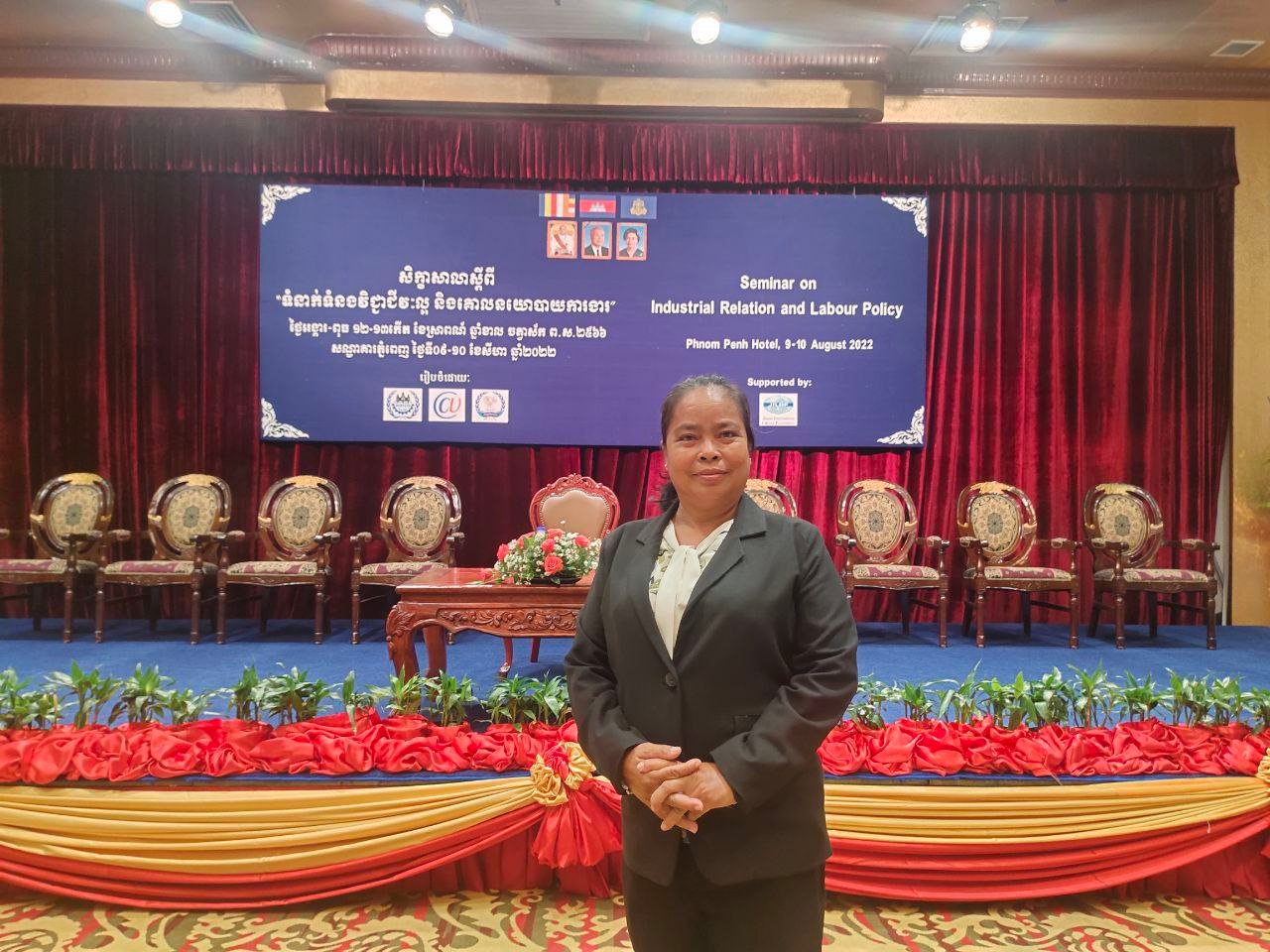
“I want the Ministry of Education to review the work related to this matter. We see that even teachers are still in a difficult situation, so what about ordinary citizens?” she said.
“If their daily income is 10,000 riels [$2.50], what if they have two or three children who take part-time courses, what should they do? Isn't it getting worse for them?”
She urged the government to raise teachers’ salaries in line with the rising price of goods. She called for an increase to two million riel, or $486, because they do not want to run extra classes.
“We also need to be understanding about their hardships," she said.
Teaching principles must be practiced
Ros Soveacha, spokesman for the Ministry of Education, Youth and Sports, said part-time teaching was not an education offense.
“All teachers across the country can teach part-time courses, but they cannot be teaching during or at the end of school hours because it can affect students’ health and the quality of education,” he added.
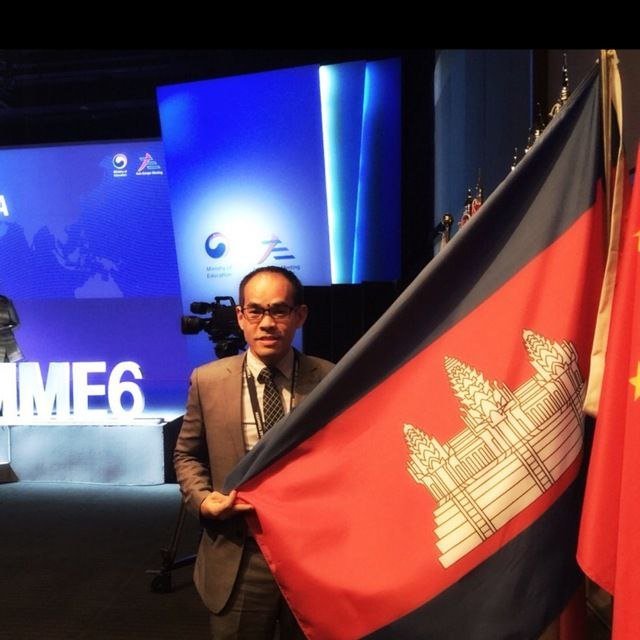
The teaching must be agreed by educators and learners, including compliance with health rules. He said teachers had to adhere to professional codes and that the government issued an order in 2005 banning the collection of money from students in public primary and secondary schools.
“In case of any occurrence in educational institutions, the ministry shall take legal action if necessary to cooperate with the Department of Education,” Soveacha said.
“There are two levels of administrative punishments. The first is to reprimand in writing and forcibly change, and the second is to remove the name from the education framework.”
Soveacha said teachers’ wages had risen from between 400,000 riels or $97.32 to 1.2 million riels or $291.97 in 2005 and up to 2.1 million riels or $510.95 in 2022.
“Each family has different perspectives and choices. In life, one can’t have their cake and eat it,” he said.
“It is important for the families to set goals that are in line with their needs and possibilities. Public schools comply with the quality standards of the Ministry of Education, Youth and Sports.
“The teachers have practical skills, and the proper pedagogy to teach and manage classroom activities,” he said.
Originally written in Khmer for ThmeyThmey, this story was translated by Meng Seavmey for Cambodianess.






